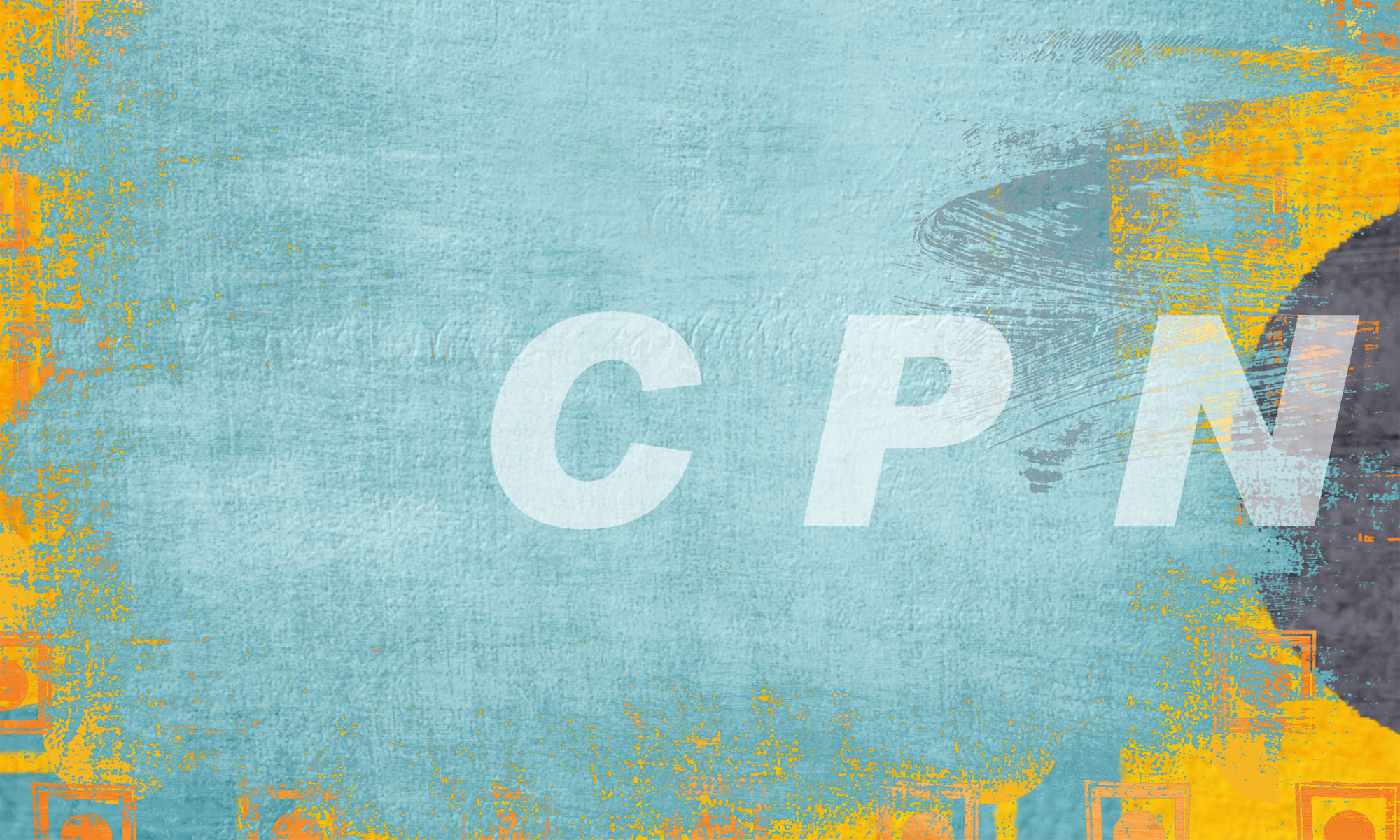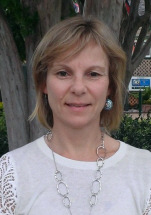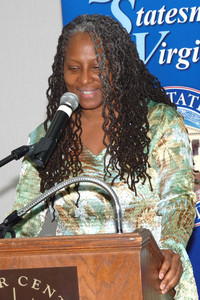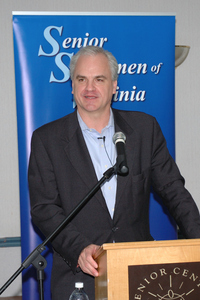The Senior Statesmen of Virginia continue their tradition of showcasing candidates for local office with this, our first in a two part series. This month we will hear from all four candidates for Charlottesville City Council. The decision goes to voters this November.
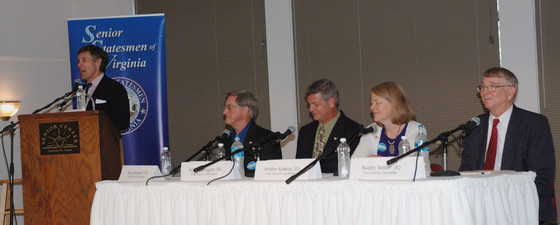
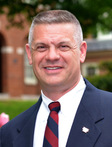
Mike Farruggio (R) was born in Brooklyn and raised in Freeport, NY, Mike served four years in the USAF. He began his law enforcement career with the NYPD relocating to Charlottesville in 1988 to join the Charlottesville Police Department. He has served in patrol, narcotics, community policing and traffic units and retired as the sergeant of the administrative bureau unit for training, policy, recruiting and accreditation. Mike lives in the Fry’s Spring Neighborhood with his wife and two children, who both attend City public schools. Mike has served on the Fry’s Spring Neighborhood Association, the Charlottesville Planning Commission, the Parks and Recreation Advisory Board as well as others.
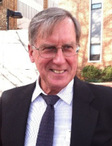
Bob Fenwick (D) served in Vietnam as a combat commander with the 4th Infantry Division and graduated from Georgetown University with a BS in Physics. He has taken undergraduate and graduate courses in Civil Engineering and Construction Management at The George Washington University School of Engineering in Washington, D.C. Bob has been a small business owner for 40 years as a construction contractor. His two boys attended Charlottesville Public Schools and are currently serving in the US Army. Both boys have served in Afghanistan. Bob is running for office be-cause he believes the citizens of Charlottesville would benefit from having a voice of experience (business, technical and personal) in important decisions.
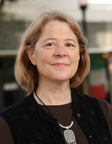
Kristin Szakos (D) is vice mayor of Charlottesville. Among innovations she has introduced are Our Town council meetings, Downtown Ambassadors, the Youth Council and paperless Council meetings. Kristin chairs the regional Jail Board, and sits on numerous boards and commissions. She is vice chair of the National Council on Youth, Education and Families. With a master’s degree in journalism from Northwestern University, Kristin has worked as a reporter, editor, grant writer, administrator and translations editor, and has co-authored two books on community organizing. She and her husband Joe have two daughters, Anna, 23, and Maria, 22, and have fostered four children.
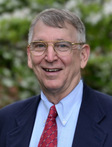
Charles “Buddy” Weber (R) graduated from the University of Virginia in 1968 with a BS degree and a Commission in the United States Navy. He then served his country as a carrier-based fighter pilot for 27 years rising to the rank of Captain and returning to UVA in 1993 as a professor where he also attended Law School. After graduating, he has served the Charlottesville community as a court appointed criminal defense attorney advocating for many clients unable to afford critical legal services. Buddy has worked tirelessly to ensure equal justice for all regard-less of race or economic status.
The candidates spoke at the Wednesday, September 11, 2013 meeting of the Senior Statesmen of Virginia. The meeting was held at the Senior Center in Charlottesville. Following the presentation, questions were taken from the audience. The program was moderated by local radio host and historian Coy Barefoot. Mr. Barefoot is introduced by SSV president Sue Liberman.
